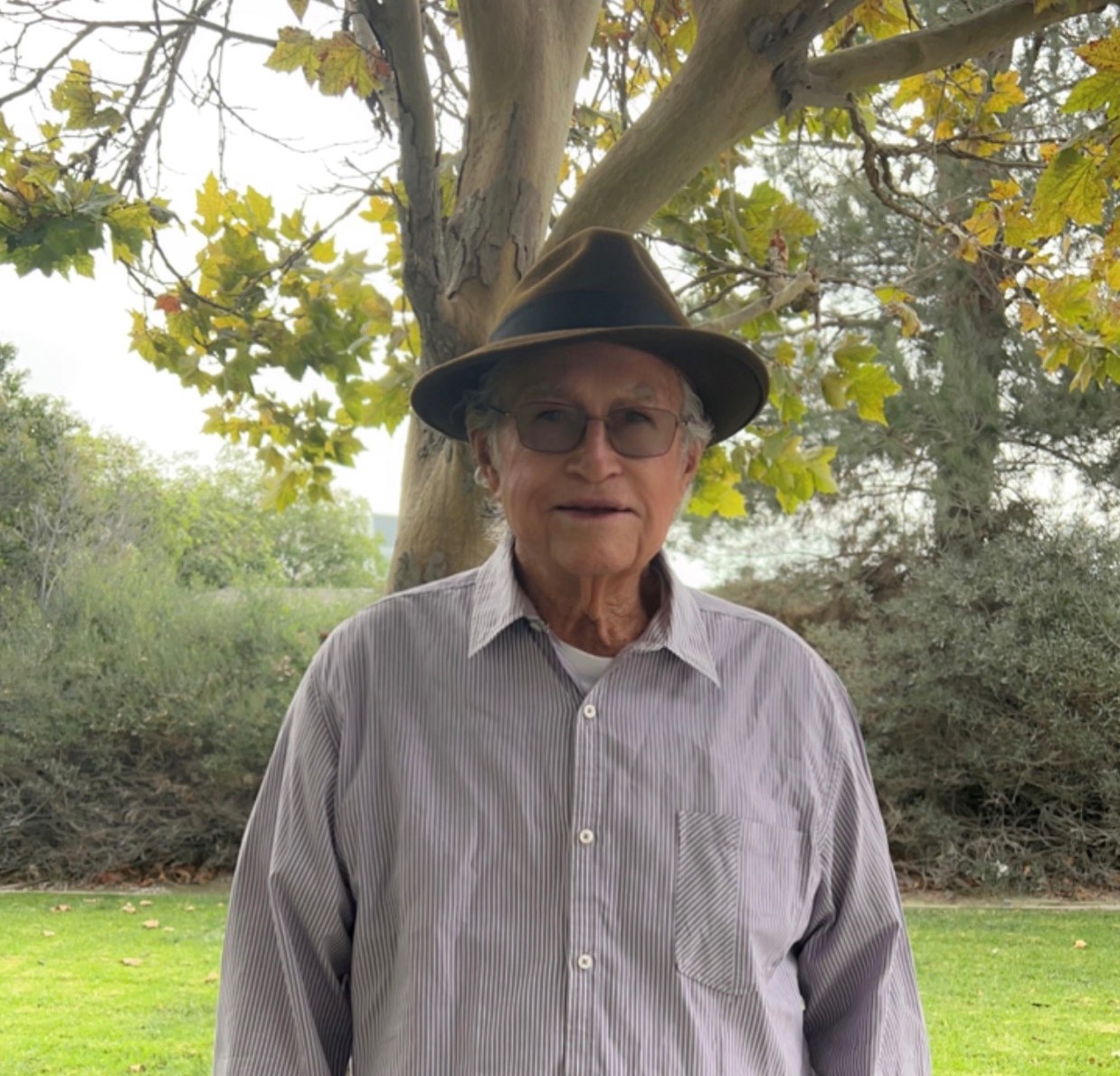Cardiovascular
85-year-old returns to active life after minimally invasive cardiovascular procedures
At 85 years old, Donald Oaks says he doesn’t plan on slowing down. Instead, he has become more active since recovering from three minimally invasive cardiovascular procedures at Loma Linda University Health (LLUH) that restored his energy. Oaks, the co-owner of a concrete company, visits his office daily; outside of work, he spends quality time with his wife and exercises with weights.
“I’m going to build myself back up,” he says.
Because Oaks was always active, he says he and his wife grew concerned when he began experiencing fatigue and shortness of breath from performing simple tasks. He had been consulting with care teams at a local healthcare facility for his irregular heart rhythm, a condition called atrial fibrillation. But Oaks says he felt proper care was delayed when some intervention was needed.
“I wasn’t strong enough to set the trash out like I usually do,” he says. “It got so bad that I could barely tie my own shoelaces.”
Based on recommendations from his wife (a retired nurse who had worked at LLUH) and his brother-in-law receiving care there, Oaks booked an appointment at Loma Linda University International Heart Institute. He says he was pleasantly surprised by the timeliness of the care and soon met with the duo that would perform his life-changing procedures: Jason Hoff, MD, and Amr Mohsen, MD, medical directors of the structural interventional program at the International Heart Institute.
“The care team said they didn’t want to put this off and got the ball rolling within 30 days,” Oaks says. “I was very impressed, not only with the hospital facilities but with the number one treatment I got from the nurses and doctors, always in a timely manner.”
By the time Oaks arrived at LLUH, Mohsen says one of his main heart valves, his aortic valve, was severely calcified. The calcium causes narrowing of the aortic valve, called aortic stenosis, making it harder for the heart to pump blood and causing symptoms like shortness of breath and fatigue.
Read: Maybe the discomfort isn’t just from old age: the most common heart valve disorder
Weakened from his aortic stenosis, Oaks also experienced frequent falls, Mohsen says. Additionally, he says the blood thinners Oaks was taking caused episodes of bleeding from the falls. Finally, Mohsen and Hoff also diagnosed Oaks with peripheral arterial disease, meaning he had blockages in both legs’ arteries.
Mohsen says he and Hoff started by performing a TAVR (transcatheter aortic valve replacement) procedure to replace Oaks’s aortic valve and restore proper blood flow. A few months later, Oaks opted for a left atrial appendage closure, allowing him to come off blood thinners and reduce the risk of bleeding from a fall.
It wasn’t brushed under the rug because I’m 85. It got taken care of.Donald Oaks
After the TAVR and left atrial appendage closure, Oaks became more active but noticed that his legs were now in pain from the blockages. He met with Mohsen and Hoff again in June to undergo his third procedure — a peripheral intervention on his legs that removed the blockages and enabled him to walk longer distances without pain. Mohsen says all three procedures were minimally invasive, leaving no surgical incisions. Oaks returned home no longer than a day after each procedure.
Mohsen says many other people in Oaks’s age range share the same conditions and could benefit from one or more of these interventional procedures.

Donald Oaks celebrated his 85th birthday surrounded by balloons, banners, and family. He has been able to return to work and exercise after partnering with LLUH structural interventional cardiologists to undergo several minimally invasive procedures.
“There are many patients like Mr. Oaks who can benefit from these minimally invasive procedures and feel much better afterward,” Mohsen says.
Mohsen says he has recently seen Oaks for follow-up in the clinic and is pleased to see the drastic improvement in his quality of life.
“We first see patients dealing with debilitating symptoms, and then later on in clinic after their procedures, we get to see them happy, returning to their activities,” Mohsen says. “It’s really touching to see firsthand how life-changing these procedures can be.”
Oaks, too, says he is glad he partnered with the International Heart Institute for his care.
“I’m fully active again, and I put a lot of that over on the speedy care I got at Loma Linda University Health,” Oaks says. “It wasn’t brushed under the rug because I’m 85. It got taken care of.”
At Loma Linda University International Heart Institute, physicians are committed to providing patients with personalized and comprehensive cardiovascular care. Learn more about structural and valvular heart disease services online or call 909-558-7717 to make an appointment.

